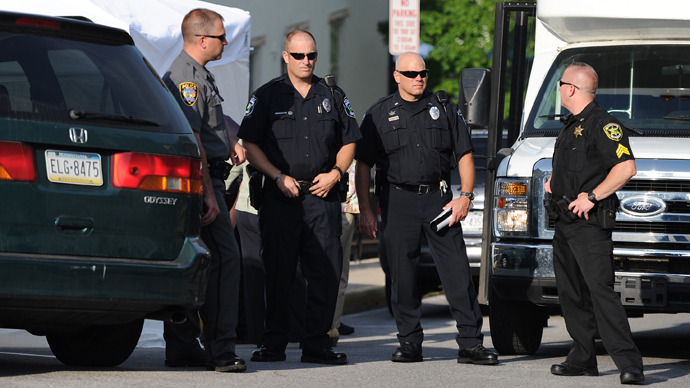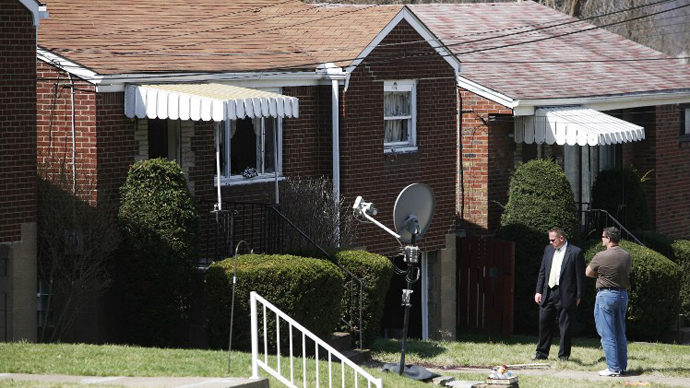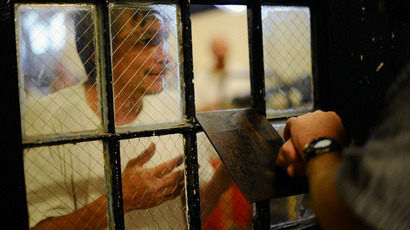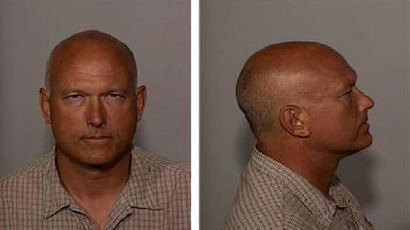Pennsylvania law evicts minorities, domestic violence victims who call the police

A Pennsylvania town is encouraging landlords to evict tenants who frequently call the police, a policy that directly impacts minorities and victims of domestic violence, according to a lawsuit filed by the American Civil Liberties Union.
The suit, filed Friday in federal court, charged Norristown, Pennsylvania with allowing police to accuse Lakisha Briggs with a “disorderly behavior ordinance” after she called police for a third time on May 23, 2012. Briggs claimed she was threatened with eviction weeks after police officers responded to a domestic violence call from her home in which an abuser “chased Ms. Briggs down the alley with a brick and followed her to her house, where he attacked her.”
After the officers arrested her boyfriend, one turned to Briggs and told her, “You are on three strikes. We’re going to have your landlord evict you,” as quoted by the ACLU.
The “disorderly behavior” violation financially penalizes
a landlord when a tenant calls the police three times in a
four-month period. The ACLU claims that the restriction infringes
on renters' First Amendment right to petition the government and
stands in contrast with the Violence Against Women Act, which
protects female abuse victims from the threat of eviction.

After the ACLU first intervened in Briggs’ case, Norristown officials agreed to drop the charge and stop pressuring her landlord to put her out. But only days later, the civil liberties group claims, Norristown lawmakers passed a nearly identical bill imposing fines on landlords whose tenants call the police.
Norristown, located six miles from Philadelphia, is not alone by allowing this law. Similar rules across the United States are billed as “nuisance ordinances” or “crime free ordinances.”
Professors from Harvard and Columbia Universities examined such a law in Milwaukee, Wisconin for a study published in the American Sociological Review.
“Nearly a third of all [nuisance] citations were generated by domestic violence,” the study determined, as quoted by AlterNet. It also noted that “properties in black neighborhoods disproportionately received citations, and those located in more integrated black neighborhoods had the highest likelihood of being deemed nuisances.”
The 2000 census revealed that of the 31,282 people living in Norristown, 54.32 per cent are White, 34.5 per cent Black or African American and 10.49 per cent Hispanic or Latino.
Briggs is seeking damages, legal fees, temporary immunity from the ordinance, and a declaration that the law is unconstitutional.














